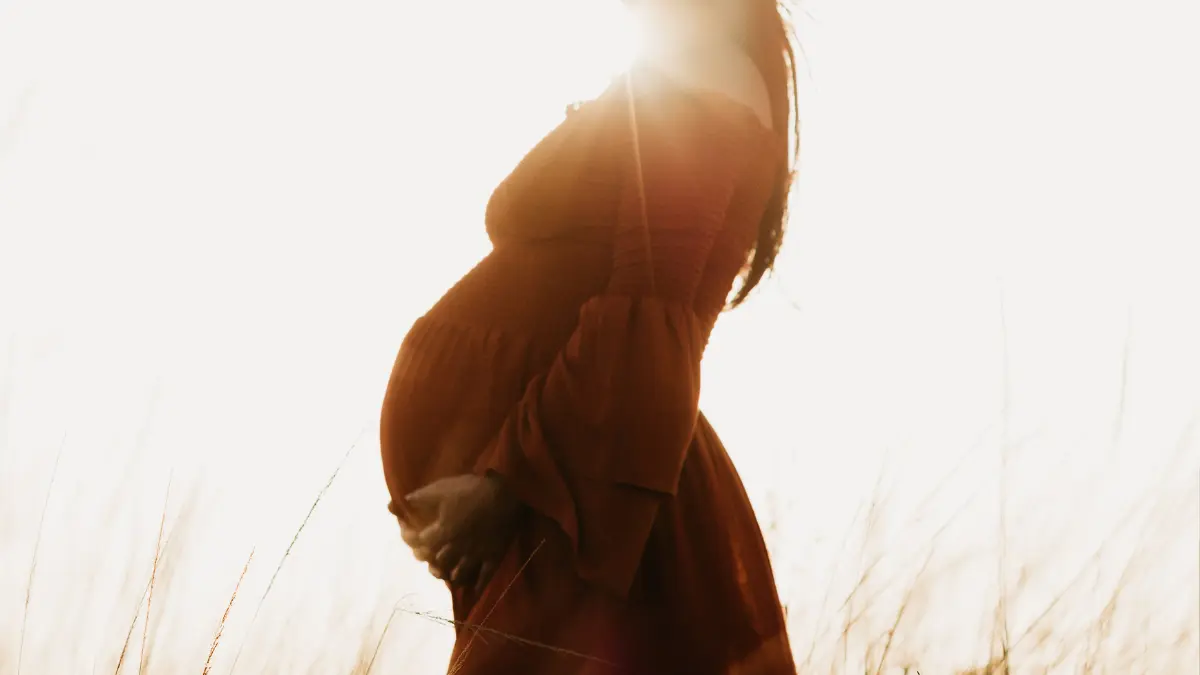Can You Get Pregnant During Menopause ? Understanding Risks and Considering Options
Menopause typically occurs between the ages of 45 and 55, with the average age being 51 years.
The symptoms, however, start appearing several years before you actually reach Menopause, a stage known as Perimenopause.
During this time, hormonal changes cause a woman’s menstrual cycles to become irregular and eventually cease altogether.
While Menopause is commonly associated with the cessation of fertility, it might make one wonder if they can get pregnant during Menopause.
In this article, we will learn about pregnancy during Menopause, focusing particularly on Perimenopause, its impact on fertility, and the risks associated with such pregnancy.
Fertility during Perimenopause
Perimenopause is the transitional phase that leads up to Menopause, during which a woman’s hormone levels fluctuate.
This stage can last for 7 to 14 years, and it is characterized by irregular menstrual cycles and ovulation.
One common misconception is that women cannot get pregnant during Menopause.
However, it’s essential to note that fertility can still persist during this time, albeit at a reduced rate.
During Perimenopause, the ovaries may release eggs less frequently, making conceiving more challenging.
In a study on a population of over 58,000 women, it was seen that even at the age of 45, the chances of conceiving naturally were 10%.
However, since ovulation can still occur sporadically, it is difficult to predict when ovulation will take place.
This increases the likelihood of unintended pregnancies.
Therefore, it is crucial for women in Perimenopause to use contraception if they do not wish to conceive.
Options for Perimenopausal conceiving
For women who desire to conceive during Perimenopause, there are a few options to consider.
Firstly, tracking ovulation can help identify the most fertile periods within irregular cycles.
Ovulation predictor kits, which detect hormonal changes indicating ovulation, can be useful tools in this regard.
Apart from this, an increase in the basal body temperature and changes to the cervical mucus to a more slippery and clear discharge is also a sign of ovulation.
In cases where natural conception proves challenging, assisted reproductive technologies (ART) may be explored.
Procedures such as IVF (In Vitro Fertilization) can help women with perimenopausal fertility issues.
This procedure involves retrieving eggs, fertilizing them in a laboratory, and implanting the resulting embryos into the uterus.
People who have frozen their eggs previously may be able to use those eggs for IVF.
You could also use fresh or frozen donated eggs.
However, the success rates of ART decline with age.
This is due to a decline in the quantity and quality of the eggs during Perimenopause.
Risks during Menopausal pregnancy
Pregnancy during the Menopause stage poses certain risks for both the mother and the baby.
Advanced maternal age is related to an increased risk of pregnancy complications, including
Miscarriage
The risk of miscarriage increases with an increase in age, and women in Menopause have a higher likelihood of experiencing miscarriages.
This may be due to various factors, including chromosomal abnormalities in the eggs as they mature and hormonal changes.
Premature birth

Women during Menopause have a higher risk of delivering prematurely.
Premature birth can lead to complications for the baby, such as respiratory issues, developmental delays, and other health concerns.
The risk of premature birth may be linked to the aging of the uterus and changes in the cervix that occur during Menopause.
Complications during pregnancy
During Menopause, women may be more susceptible to complications during pregnancy.
These include:
- Placenta previa (when the placenta partially or completely covers the cervix)
- Placental abruption (the separation of the placenta from the uterine wall)
- Uterine rupture
These complications can pose risks to both the mother and the baby and may require close monitoring and medical intervention.
Expecting mothers are also at a higher risk of developing Gestational Diabetes and increased Blood Pressure (BP) which might lead to other complications.
Chromosomal abnormalities in the fetus
Advanced maternal age leads to an increase in the risk of chromosomal disorders in the fetus, like Down Syndrome, due to a decline in the quality of eggs.
Genetic counseling and prenatal testing are important considerations for menopausal women who are planning a pregnancy to assess the risk of such abnormalities.
Conclusion
Although Menopause is generally associated with the end of fertility, it is possible to get pregnant during Perimenopause which is the transitional phase leading up to Menopause.
Though very low, the chances of conceiving still exist due to the presence of ovulation.
Accurate tracking of ovulation and using contraception if pregnancy is not desired are important for women in Perimenopause.
For those seeking to conceive during this phase, assisted reproductive technologies, like IVF, can offer viable options.
But it is important to understand that the risks of such pregnancy lead to an increased risk of miscarriage and premature birth.
The mother and child might also develop several complications.
Ultimately, the decision to conceive during Menopause is a personal one that should be made with careful consideration and guidance from healthcare professionals.
Frequently Asked Questions
What are the chances of getting pregnant during Menopause?
The chances of getting pregnant during Menopause are lower but not impossible. Fertility declines as Menopause approaches, and the chance of conceiving naturally decreases due to irregular ovulation and declining egg quality.
Can you get pregnant during Menopause with no period?
Yes, it is possible to get pregnant during Menopause, even without having a period. Ovulation can still occur sporadically, and women should use contraception if they do not wish to conceive during this time.
Can a menopausal woman still ovulate?
Menopausal women may still experience occasional ovulation, although it becomes less frequent and unpredictable. However, the chances of ovulating decrease significantly as Menopause progresses, leading to reduced fertility and lower chances of getting pregnant naturally.
WowRx uses only high-quality sources while writing our articles. Please read our content information policy to know more about how we keep our content reliable and trustworthy.






